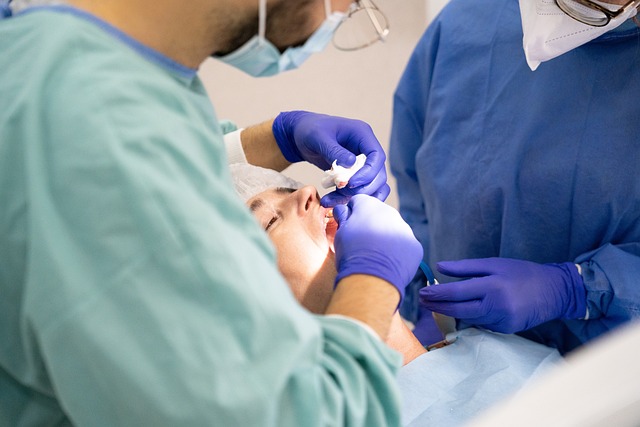An interesting article titled “Is Recreational Marijuana Use Associated With Changes in the Vital Signs or Anesthetic Requirements During Intravenous Sedation?” appears in the Journal of Oral and Maxillofacial Surgery in January 18, 2023, written by Pooja Gangwani and et. al. The article sough to explore the association of cannabis’ psychoactive element tetrahydrocannabinol (THC) use on the vital signs and anesthetic requirements during sedation procedures. The study was the first to explore this findings on THC and its effects on sedation in the oral and maxillofacial surgery literature.
In the article the authors used a retrospective cohort of 53 patients who were treated at an oral and maxillofacial surgery department between July 2018 and May 2022. The patients included in the study had undergone toxicology screening due to their history of recent drug use and received IV sedation. THC status was established using urine toxicology. Patients who had tested postive were were coded THC+ while those who screened negative for THC were coded THC-. The authors looked at vital signs, including mean arterial pressure (MAP), heart rate (HR), and respiratory rate (RR) during IV sedation procedures the groups.
The authors found twenty seven patients had urine test results positive for THC metabolites while twenty six patients tested negative for THC metabolites. Any patients who tested positive for other substances such as benzodiazepines, amphetamines, and opiates, were excluded from the study. During IV sedation, there was no statistically significant difference found in the mean arterial pressure, respiratory rate, and heart rate between positive and negative THC groups. When comparing the THC groups, it was ound the postive THC group required, on average, higher doses of fentanyl and propofol during IV sedation. After adjusting the effect of age, gender, and weight, THC had no significant effect on midazolam, fentanyl propofol, and ketamine requirements. Further after adjusting for age, gender, and weight, THC had no significant effect on mean arterial pressure, heart rate, and respiratory rate.

Thus the authors found that there are no differences in vital signs or anesthetic requirements during IV sedation in oral surgeon between the THC postive and negative groups. It was note that a limitation of the study was the small sample size. Given the large amount of the population these days that use cannabis, estimated to be 50 million people age 12 and older reported in 2020, this study has implications for patients undergoing IV sedation procedures in oral and maxillofacial surgery.
